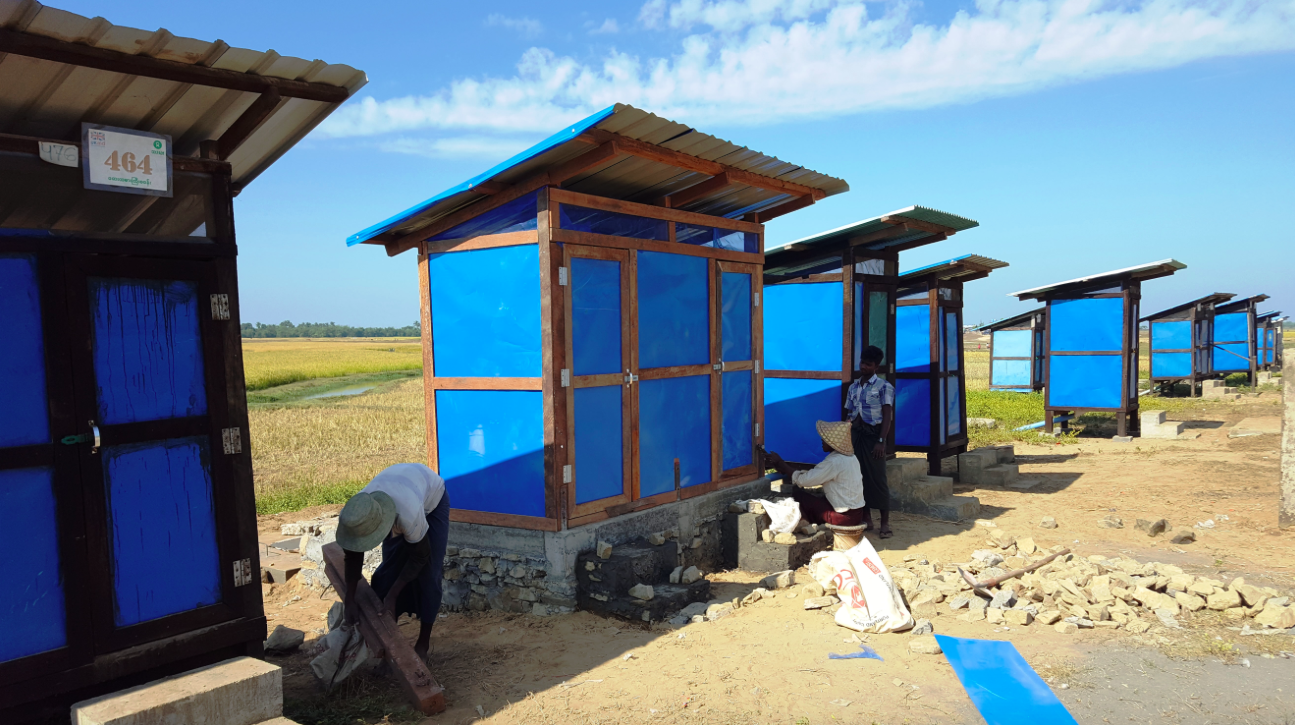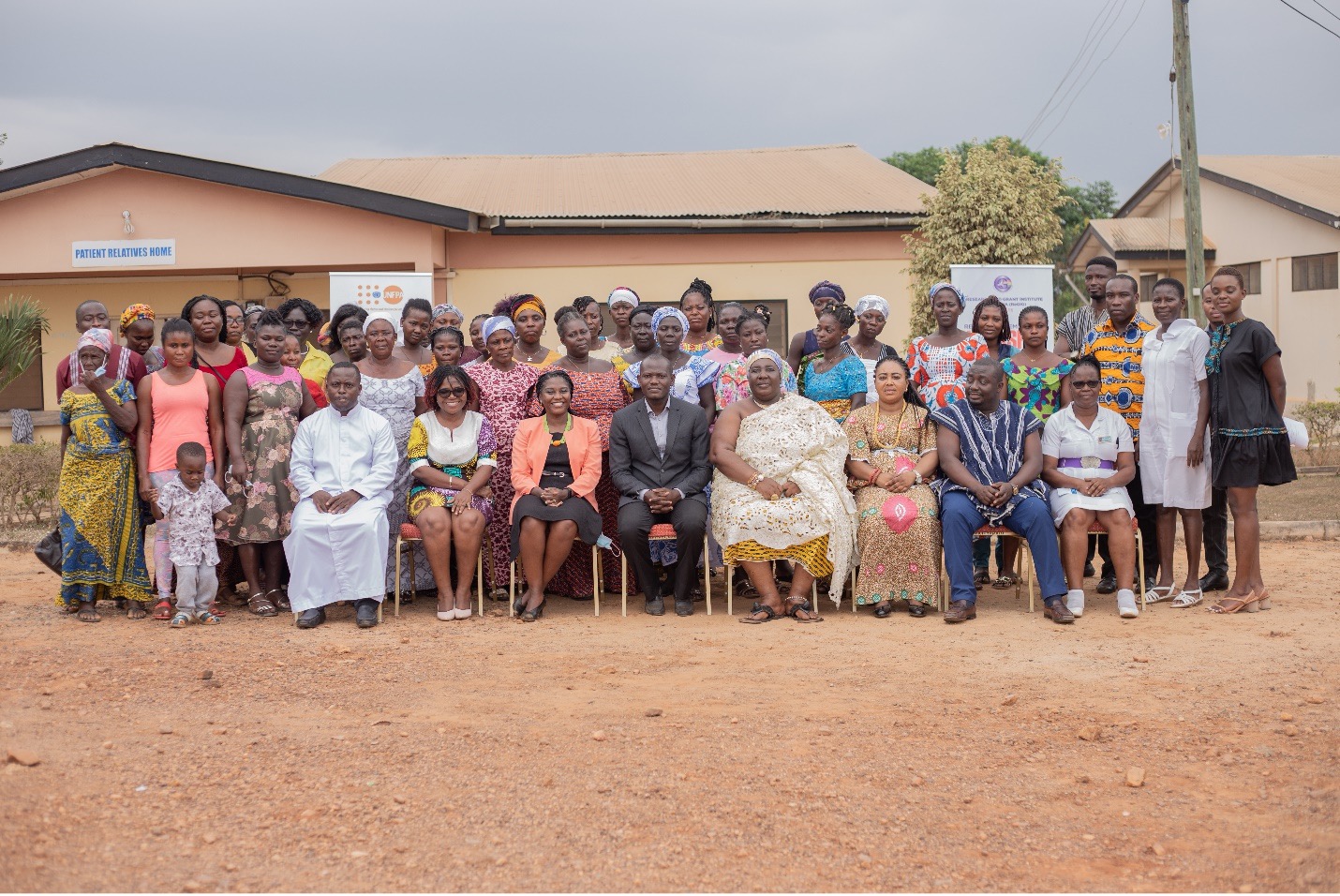Addressing Obstetric Fistula-Induced Incontinence in Ghana

Project overview
This study informs improvements in the lives and experiences of women living with obstetric fistula-induced incontinence.
Project solution
This project offers [specific solution or intervention] to tackle [challenge]. By implementing [strategies, tools, or innovations], the project aims to achieve [desired outcomes]. The approach is designed to [specific actions or methods] to bring about meaningful change in [community, region, or issue area].
Expected outcomes
This project aims to achieve [specific outcomes], such as [measurable results, improvements, or changes]. The expected impact includes [benefits to the target community, advancements in research or innovation, or long-term effects]. By the end of the project, we anticipate [specific changes or milestones] that will contribute to [broader goals or objectives].
[embed]https://player.vimeo.com/video/945905098[/embed]
What humanitarian need is being addressed?
Obstetric fistula is an injury resulting from giving birth. It usually occurs when a woman has an obstructed labour and cannot get a caesarean section when needed. And it results in several complications, one of which is incontinence.
The World Health Organization has suggested that more than 2 million young women in Asia and sub-Saharan Africa live with untreated obstetric fistula. Cases continue to arise, partly because of gender-based violence and early marriage. These factors, together with some societal practices – including a prohibition on a woman seeking medical care without the approval of her husband or another man – have compelled women to attempt vaginal delivery at home. Those with obstructed labour can easily develop obstetric fistula.
The physical and psychosocial implications of obstetric fistula-induced incontinence are often distressing. Women suffer pain and irritation, as well as shame, embarrassment and abandonment. And despite women with incontinence having limited opportunities to keep clean, their needs are often not sufficiently supported by the WASH community.
What is the innovative solution and how will it improve existing humanitarian practice?
Addressing Obstetric Fistula-Induced Incontinence in Ghana is a problem recognition study that aims to build a better understanding of the experiences of women living with obstetric fistula-induced incontinence, their WASH-related needs and barriers, and the existing interventions that aim to promote these women’s inclusion in WASH programming.
WHAT PROGRESS HAS BEEN MADE?
The study produced valuable insights into the lives of experiences of women living with obstetric fistula-induced incontinence. These included: uncontrollable urine or faeces leakages that soil clothes and cause severe pain and skin irritation; feeling stigmatised and humiliated; difficulty in accessing sanitary and body care products; constipating practices, such as using drugs; and using diapers made from used clothes and flour sacks. Women were also found to have limited support from their family and community, and their situations were made worse by economic and social barriers.
INNOVATION POTENTIAL
The innovation team is using the findings from its study to work towards improving women’s access to safe, sustainable and reusable pads and other devices to manage incontinence. It is also looking to extend its partnership and to design and test innovation to improve the mental health and psychological well-being of women with obstetric fistula-induced incontinence.
Project delivery & updates
Stay up to date with the latest developments from this project. Here, you will find details on what has been delivered, resources created, and regular updates as the project progresses. Access key documents, reports, and other materials to see how the project is making an impact.
